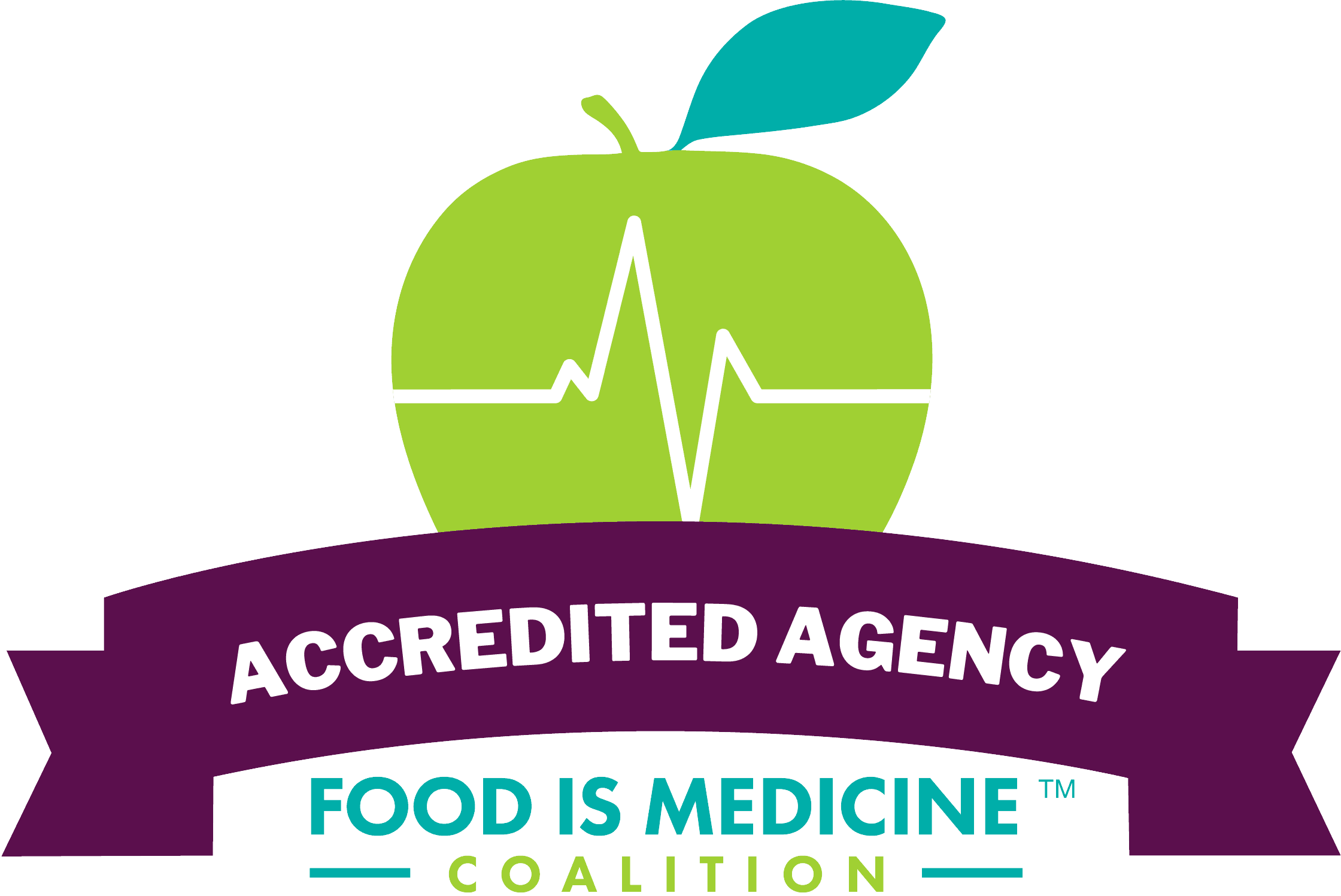
A healthier heart can lead to a healthier life! This month, we hope to encourage and motivate everyone to adopt heart-healthy behaviors, together. Research shows having social support and personal networks makes getting regular physical activity, eating healthy, losing weight, reducing stress, and quitting smoking easier. Here are five ways to get started!
Encourage Healthy Eating

Heart-healthy eating involves choosing certain foods, such as fruits and vegetables, while limiting others, such as saturated and trans fats and added sugars. Visit our recent blog on Heart-Healthy Recipes for breakfast, lunch and dinner.
Consider adding the following foods into your weekly routine:
- Vegetables such as leafy greens (spinach, collard greens, kale, cabbage), broccoli and carrots
- Fruits such as apples, bananas, oranges, pears, grapes, and prunes
- Whole grains such as plain oatmeal, brown rice, and whole-grain bread or tortillas
- Fat-free or low-fat dairy foods such as milk, cheese, or yogurt
- Fish high in omega-3 fatty acids (salmon, tuna, and trout)
- Lean meats such as 95% lean ground beef or pork tenderloin or skinless chicken or turkey
- Eggs whites
- Legumes such as kidney beans, lentils, chickpeas, black-eyed peas, and lima beans
- Canola, corn, olive, safflower, sesame, sunflower, and soybean oils (not coconut or palm oil)
- Nuts such as walnuts, almonds, and pine nuts
Get Moving

Being physically active is a major step toward good heart health. It’s one of your most effective tools for strengthening the heart muscle, keeping your weight under control and warding off the artery damage from high cholesterol, high blood sugar and high blood pressure that can lead to heart attack or stroke.
Heart friendly low impact exercises:
- Walking
- Dancing
- Swimming
- Yoga
Screen Your Vitals Regularly

Two of the major risk factors for heart disease are high blood pressure and high blood cholesterol. If either of these numbers is high, work with your doctor to get it to a healthy range.
Create a Stress-Free Zone for Yourself

Stress can contribute to high blood pressure and other heart disease risk factors. Some of the ways people cope with stress—drinking alcohol, using other substances, smoking, or overeating—are not healthy ways to manage stress.
Consider healthy stress-reducing activities such as:
- Participating in a stress management program
- Practicing meditation
- Being physically active
- Talking with friends, family, and community or religious support systems
Fund a Meal for a Congestive Heart Failure Client
Food insecurity due to illness is a year-round problems for the people we serve. By funding-a-meal it enables us to invest in specific areas of our work, expand our programs, and serve more of our neighbors because we know we have the ongoing support from donors like you.

 Make a one-time or a monthly donation today!
Make a one-time or a monthly donation today! 




